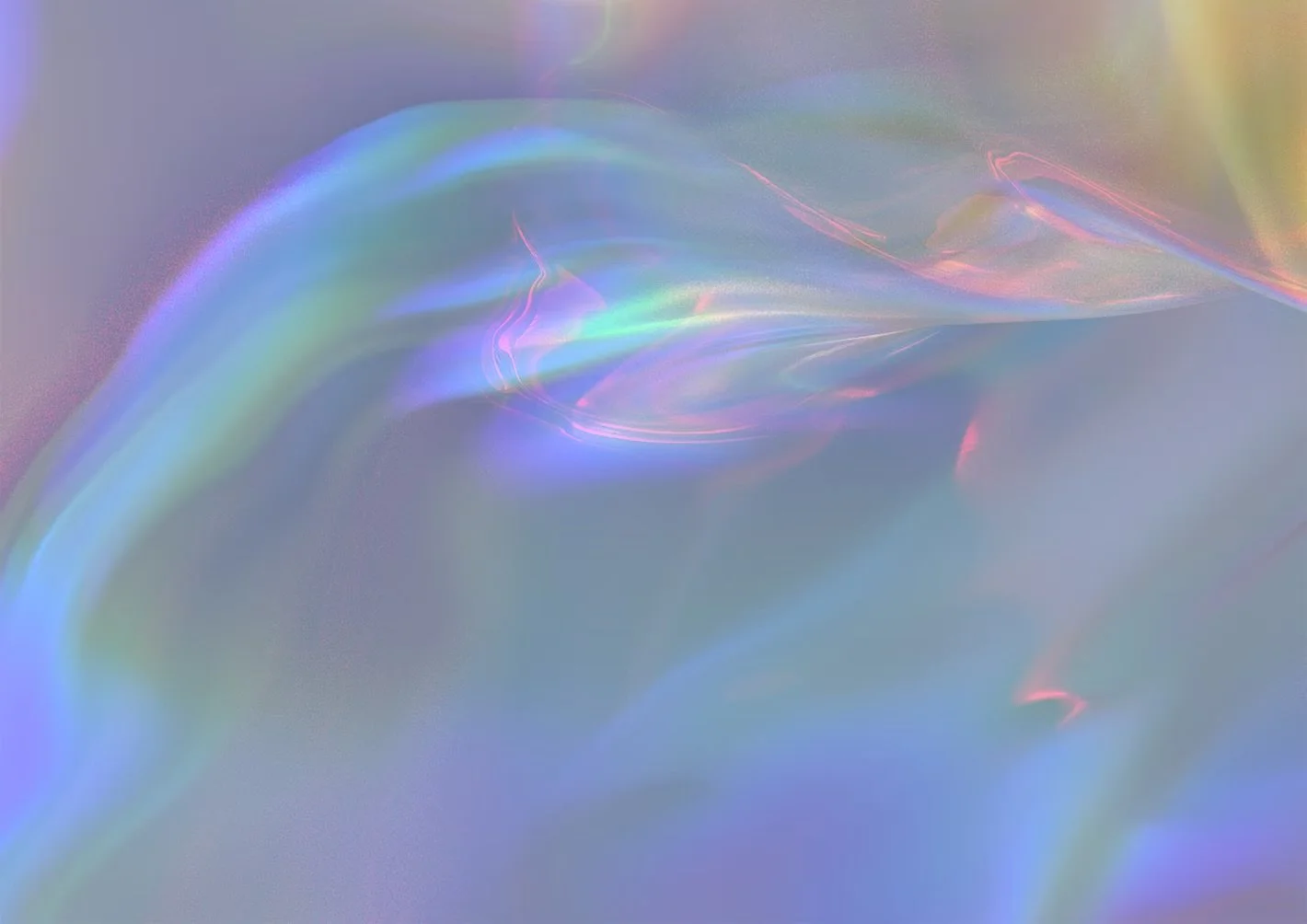Healing the world by healing ourselves
It’s hard to live in a world where suffering can’t be ignored. War, division, inequality, loneliness, addiction. It all weighs heavily on our hearts.
Our instinct is often to fix, to rise up, resist, and offer ourselves in the hope of healing others. Yet beneath this urgency lies a gentle truth we rarely acknowledge.
The pain we feel for the world is intimately connected to the pain we carry within ourselves.
This doesn’t mean we wouldn’t care if we healed ourselves. We absolutely would. But our care would come from a steadier place, a presence that is the calm in the eye of the storm.
When we feel heartbreak at the state of humanity, it can feel like we’re responding only to what’s “out there.” But often, what we’re really meeting is the activation of our own unacknowledged pain.
The rage we feel witnessing injustice might echo our own wounds. The powerlessness we feel about war may stir memories of childhood powerlessness. The urgency to rescue may be driven by a longing deep within, a tender call from the parts of ourselves still waiting to be seen, heard, and held.
These aren’t signs of weakness. They’re signs of emotional honesty. Humanity’s pain and our own are not separate. Recognising the mirror gives us an opening to look inside and heal from within.
Imagine two people working for the same cause. One is fuelled by unhealed wounds. Their energy is frantic, exhausting, desperate. The other has faced and softened their own pain. Their energy is grounded, calm, quietly powerful.
Both care. Both contribute. But the quality of their impact is profoundly different.
When we carry unresolved pain, our actions to “heal the world” often mask a hidden plea to heal ourselves. Once we’ve done that inner work, our contribution comes from presence, not distortion. We stop exhausting ourselves trying to put out every fire and instead become a steady flame that others can draw strength from.
Starting with ourselves doesn’t mean turning our back on the world. It means honestly acknowledging that the quality of what we give outward is inseparable from the quality of what we hold inward.
If we’re fractured and disregulated, our contribution will carry that flavour. If we’re aligned with our wholeness and at peace within ourselves, our very presence becomes an offering, a gift of hope and healing to those around us.
If we’re driven to be radical, healing ourselves first is one of the most radical things we can do. It may not scream as loudly as the crowd, but what we embody will ripple outward from a much more energetically aligned place.
A person who has cultivated inner peace naturally transmits peace. A person who has faced their grief can hold space for others in theirs. A person who has integrated their shadows no longer projects them outward.
This is not a one-time event. Healing is an ongoing journey that may involve telling our stories and owning the parts of our past that shaped us. Our stories seek clear pathways of expression. They’re essential to the map that leads us home.
It may involve unity with our feelings, sitting with grief, anger, and fear without rushing to escape or fix. This reveals pathways to deeper self-knowledge.
It may involve practices of embodiment like meditation, therapy, journalling, and bodywork that anchor us in the present and enable us to tap into our system’s full potential. And it involves releasing control, learning that healing is less about forcing outcomes and more about opening to transformation.
This inner work isn’t selfish. It’s an act of service. It’s the loving foundation that allows us to show up in the world with clarity, resilience, and an open heart. This is how the world begins to change, not only through action, but through the quality of energy behind the action.
There’s an ancient truth that still holds. “As within, so without.” If we want peace in the world, we must cultivate peace in ourselves. If we want compassion, we must extend it inward first.
The outer world reflects the inner. By healing ourselves, we shift the whole.
Healing ourselves requires courage to face what we’d rather avoid. But the reward is profound. We become more whole, more compassionate, more present.
And from that presence, we can offer the world what it needs most, not just more frantic fixing, but a healing presence that ripples outward.
This is an invitation, extended with warmth and care. It’s not just about you, and not just about the world. It’s about both, woven together, because they are inseparable.
If we want to heal the world, we must begin here, with ourselves.

